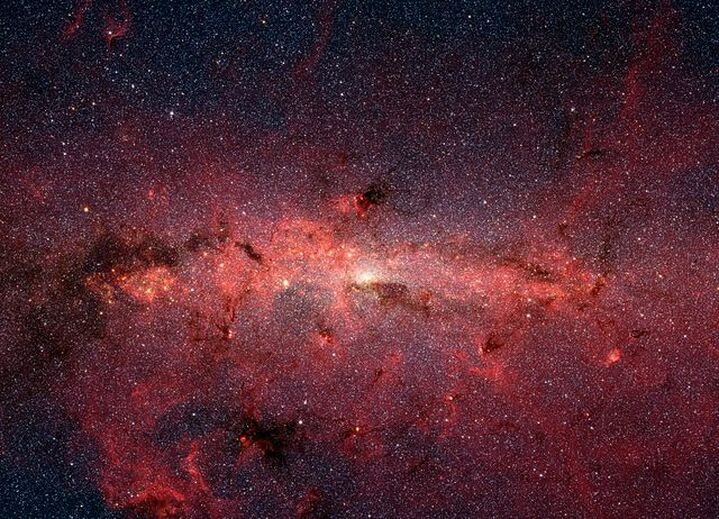
A graduate of a Baptist theological seminary as well as a music academy, Ēriks Ešenvalds’s music often draws on spirituality and the natural world. His choral pieces highlight spirit and ecology-oriented poets such as Rabindranath Tagore (Where is Heaven?), Khalil Gibran (Song of the Flower), Paulann Peterson (Translation), and Sara Teasdale (Stars). Analyzing these poems (below I am including all, or for longer ones, part of the poems), deeply, with choir students provides an opportunity to teach for ecological literacy.
Where is Heaven? By Rabindranath Tagore
Where is heaven? you ask me, my child,-the sages tell us it is
beyond the limits of birth and death, unswayed by the rhythm of day
and night; it is not of the earth.
But your poet knows that its eternal hunger is for time and
space, and it strives evermore to be born in the fruitful dust.
Heaven is fulfilled in your sweet body, my child, in your palpitating heart.
The sea is beating its drums in joy, the flowers are a-tiptoe
to kiss you. For heaven is born in you, in the arms of the mother-
dust.
Song of the Flower, by Khalil Gibran
I am a kind word uttered and repeated
By the voice of Nature;
I am a star fallen from the
Blue tent upon the green carpet.
I am the daughter of the elements
With whom Winter conceived;
To whom Spring gave birth; I was
Reared in the lap of Summer and I
Slept in the bed of Autumn.
Translation, by Paulann Peterson
Empty of words, not empty
of light, the moon’s face
awaits the touch of a pen.
Stars, by Sara Teasdale
Alone in the night
On a dark hill
With pines around me
Spicy and still,
And a heaven full of stars
Over my head,
White and topaz
And misty red;
Myriads with beating
Hearts of fire
The aeons
Cannot vex or tire;
The dome of heaven
Like a great hill,
I know I
Am honored to be
Witness
Of so much majesty
DS
Link to image: https://upload.wikimedia.org/wikipedia/commons/thumb/9/9e/Milky_Way_IR_Spitzer.jpg/640px-Milky_Way_IR_Spitzer.jpg
 RSS Feed
RSS Feed
